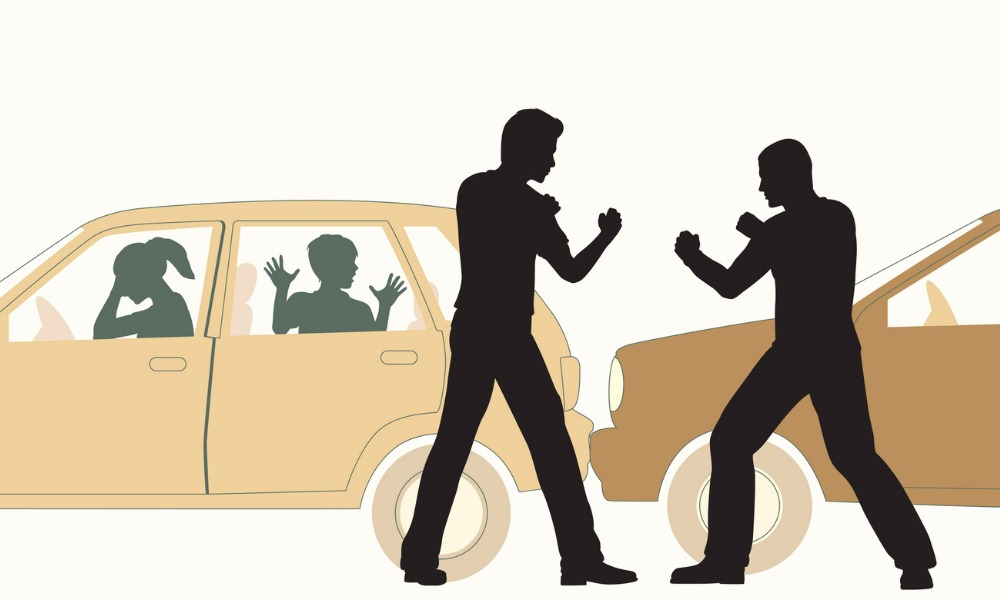
Company and gas station employee sued but court rules attendant shielded under 'Good Samaritan' rule

The plaintiff in a recent case claimed that a Costco Wholesale Corporation’s employee intentionally harmed him by pulling him away from a man with whom he was engaged in a fistfight. The California Court of Appeal disagreed.
In January 2018, the plaintiff in the case of Valdez v. Costco Wholesale Corporation was at a gas station owned by the defendant, Costco. The second defendant in the case was one of Costco’s gas station attendants who was on duty that day.
A neighbor with whom the plaintiff had an ongoing feud approached and started punching him. A fight ensued. According to the plaintiff, his neighbor struck him several times on the head, while he himself placed his neighbor in a headlock and refused to release him. The gas station attendant physically separated the two men to stop the fight.
The plaintiff sued the defendants for negligence; premises liability; negligent hiring, retention, and supervision; and assault and battery. He alleged that Costco breached its duty of care to protect him from third-party assaults on its property. In response, Costco and its employee filed summary judgment motions.
Read more: Independent contractor injured in fall sues for negligence
The trial court granted the defendants’ motions and ruled in their favour. The court found that the employee was shielded from liability as a “Good Samaritan” under section 1799.102(b) of the Health and Safety Code. Costco was also not liable because the plaintiff failed to show that the fistfight was foreseeable, the court said. The plaintiff appealed.
The California Court of Appeal for the Second District agreed with the trial court’s decision. The trial court correctly concluded that there was no triable issue that the employee was immune from liability as a Good Samaritan, the appellate court said.
The fistfight was an emergency as defined by section 1797.70 of the Health and Safety Code and would have continued if not for the employee’s intervention, the Court of Appeal ruled. He was rendering emergency nonmedical assistance while at the scene of an emergency under section 1799.102(b), the appellate court said.
The employee provided evidence that he acted in good faith and intervened to stop the combatants, to restore peace, and to prevent further harm, the Court of Appeal added. It was common knowledge that using fists could cause great bodily injury and that headlocks could cause pain and injuries to the neck, shoulders, and back, the appellate court noted.